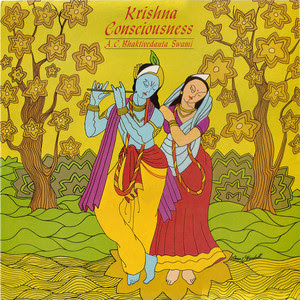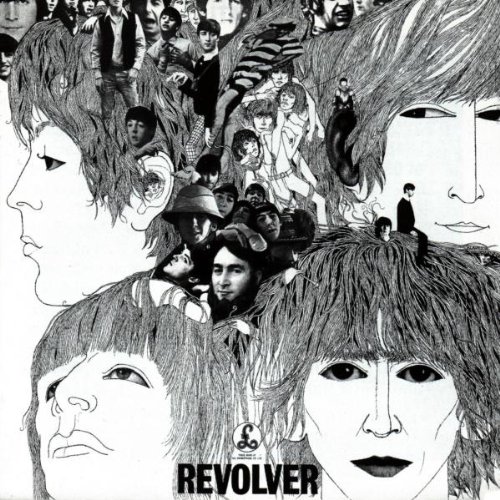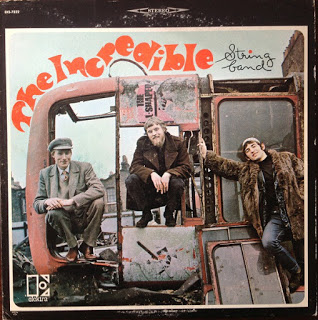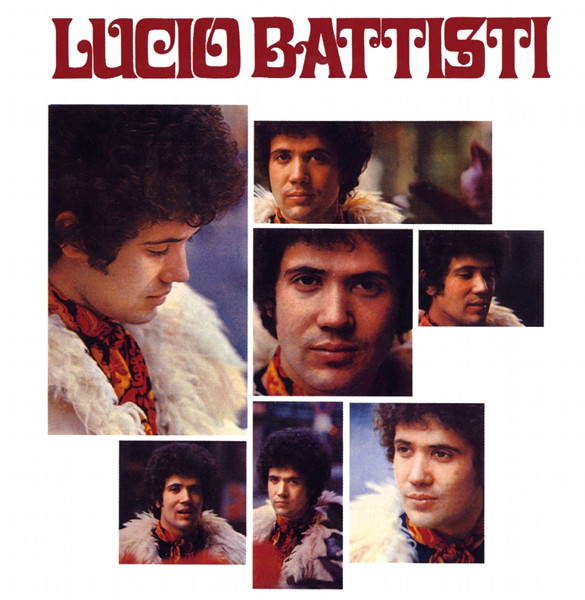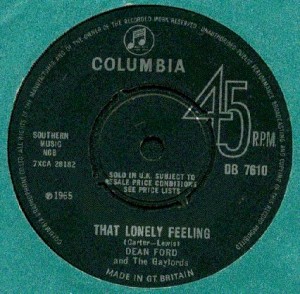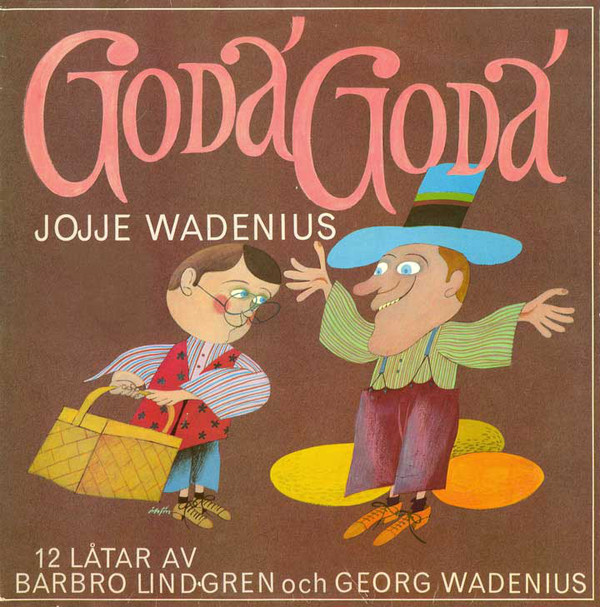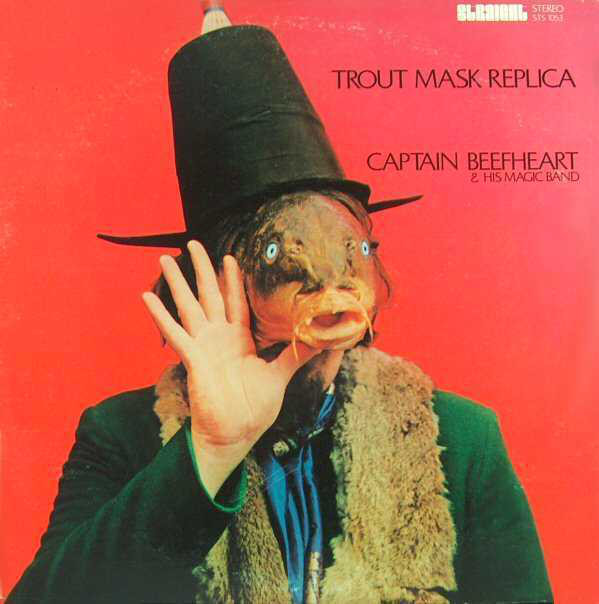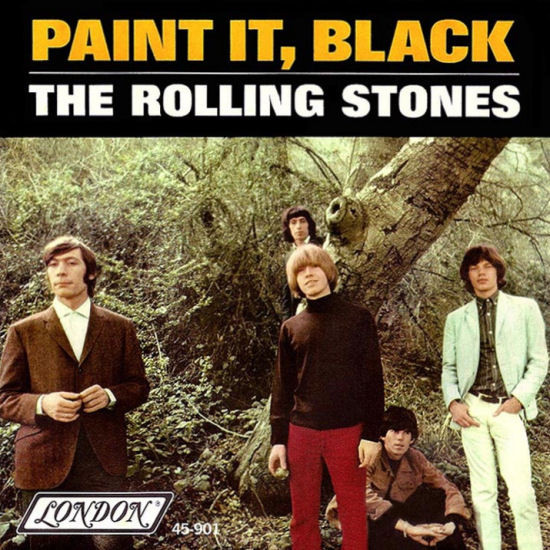
“Duel at Diablo (Main Title)” (1966) – Neal Hefti * Written by Neal Hefti * LP: Duel at Diablo: Original Motion Picture Score * Label: United Artists
By 1966, the trumpeter and arranger Neal Hefti, having made a name for himself with Count Basie and Frank Sinatra, shifted his focus to film and TV scoring. Although his themes for The Odd Couple (1968) and Batman (1966) are his most enduring, other ones paired with lesser-known projects would nonetheless sport a certain trademark heft, shall we say. The Duel at Diablo theme is one of these, catchy and finger-snappy enough to work as a TV jingle. Instead, it accompanied one of the era’s more distinctly violent and emotionally complicated westerns. Based on Marvin H. Albert’s 1957 novel Apache Rising and featuring James Garner in perhaps his most sullen role, it grappled with the grim and messy reality of US/Indian relations and offered the viewer, whom it wore down with its relentless fighting and high body count, no convenient outs. When the snazzy theme kicks in for the closing credits, it feels like a tone-deaf maneuver, if not intended as outright mockery. What’s up with you? the peppy theme asks. It’s only a movie. (Duel at Diablo‘s opening sequence plays on a TV during Brian DePalma’s Carrie (1976), giving Hefti’s theme an opportunity to do double-mockery duty.)

